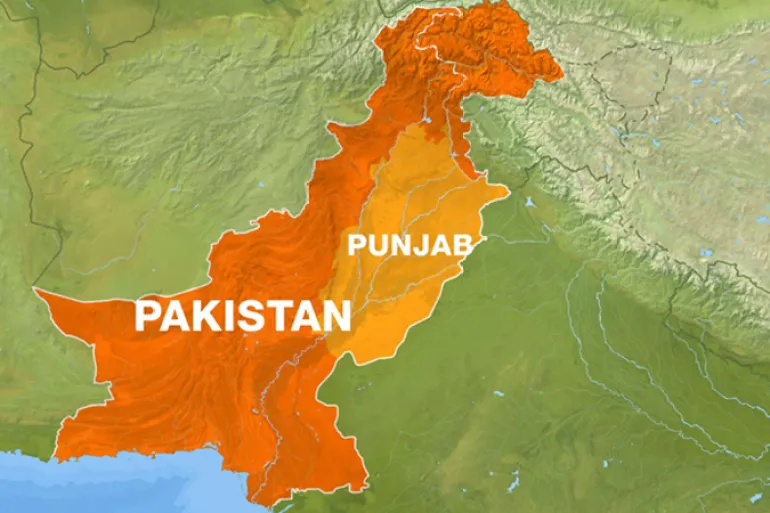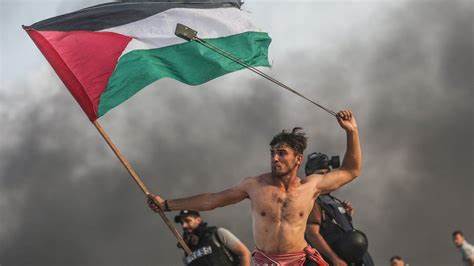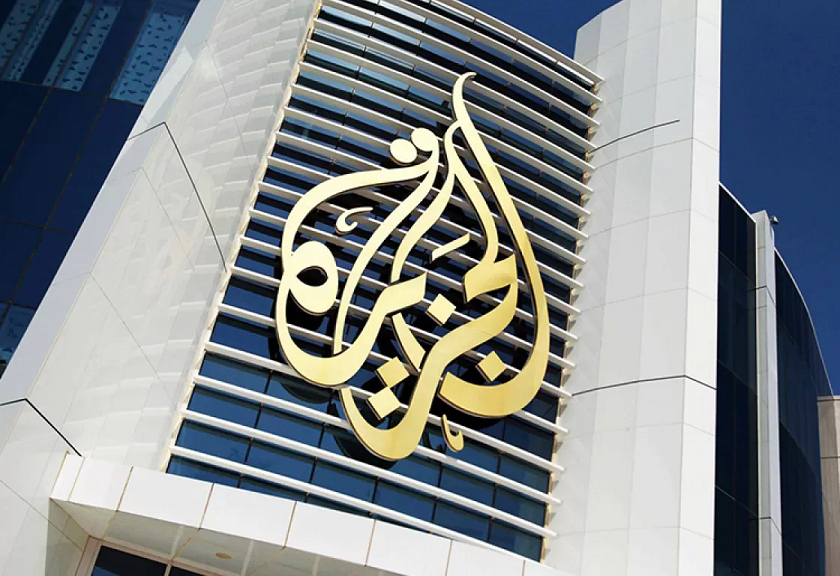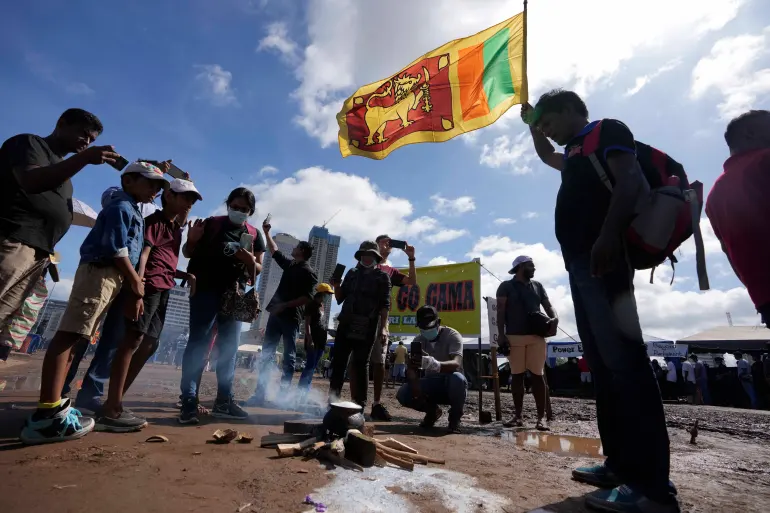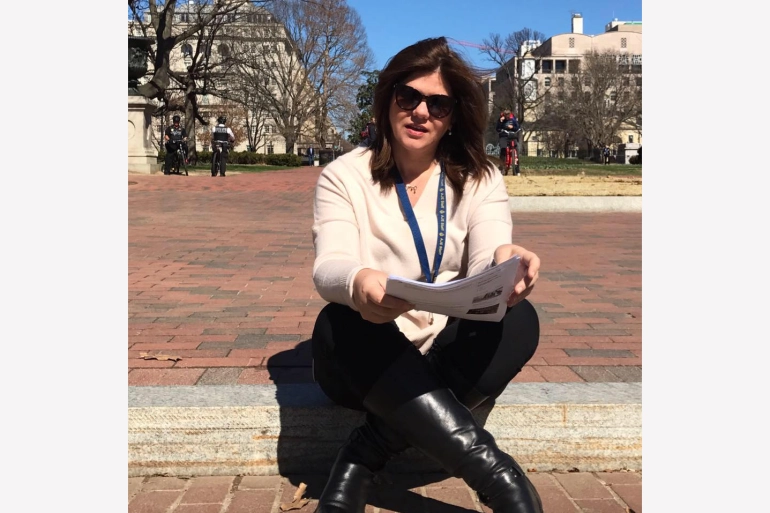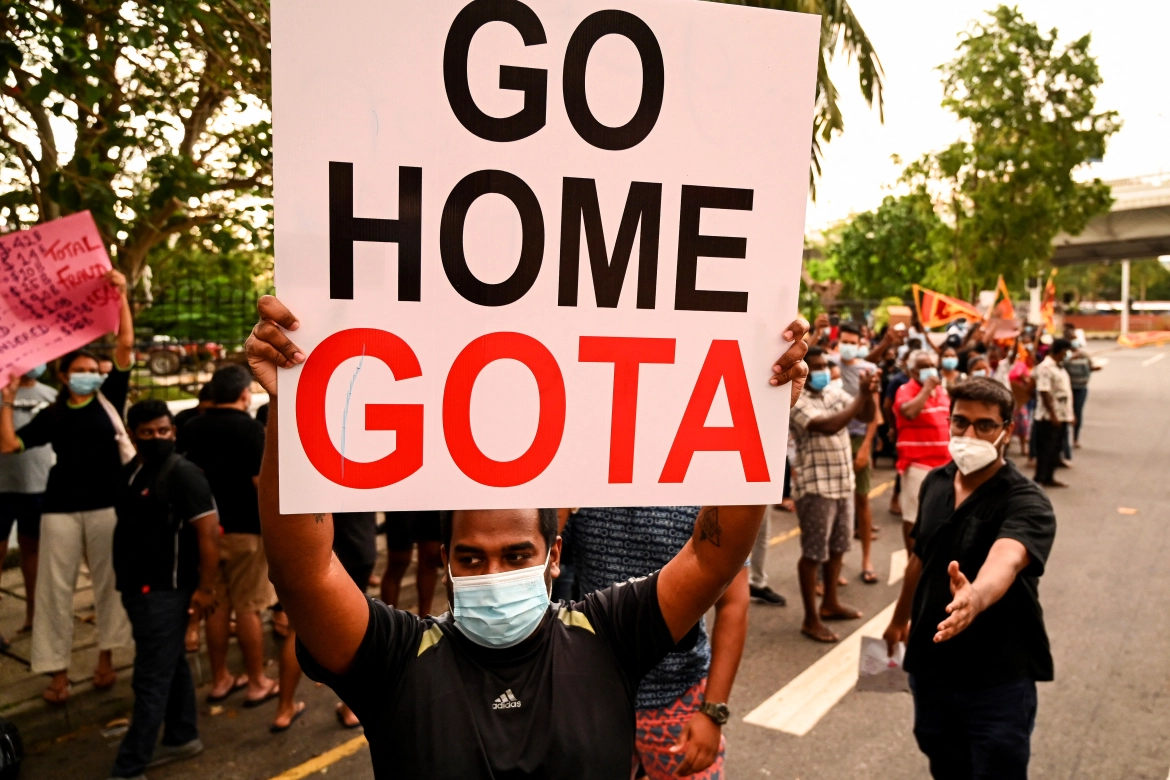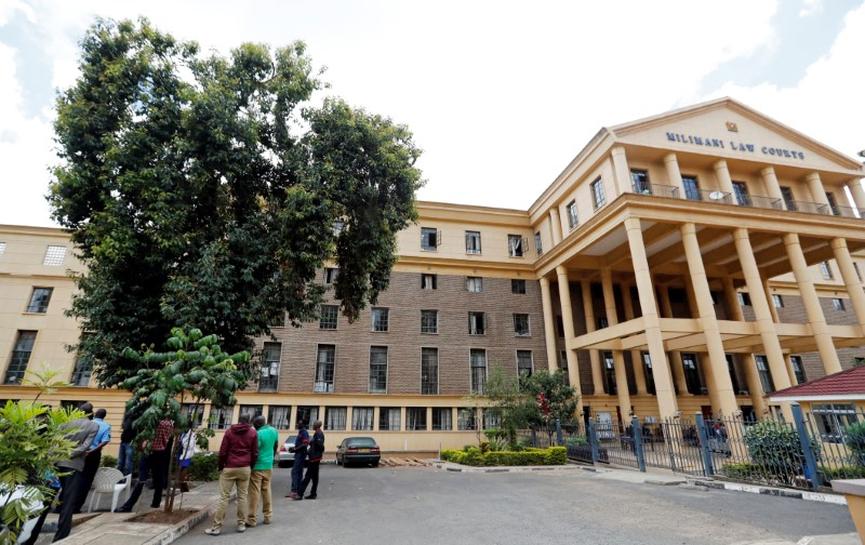Protesters detained after violence escalates in Eswatini
![King Mswati III [Reuters]](https://liberties.aljazeera.com/resources/uploads/2021/10/1634805917-scaled.jpeg)
King Mswati III [Reuters]
The Southern African mountain kingdom of Eswatini has been experiencing a growing wave of unrest since June 2021.
Eswatini is the world’s last absolute monarchy.
The protests were initially ignited by the killing of a student Thabani Ngomoye in May.
The pro-democracy protests started peacefully but escalated into a violent situation when King Mswati III deployed security forces to crush dissent.
Dozens of people have been killed since the start of the protest and many others tortured, detained or abducted. At least 37 people has been killed and more than 80 people have been wounded.
King Mswati III is being blamed for not listening to demands for democracy.
As the protests intensified schools were closed indefinitely ad the internet has been shut down to further supress freedom of expression.
Deprose Muchena, Southern African director of Amnesty International ‘s Southern African office said: ‘Closing schools and shutting down the internet are arbitrary acts that are in clear contravention of human rights. Nothing will be resolved by further depriving people of their human rights, including their right to education and to freedom of expression.’
The chances that the security forces will be held accountable for the violence seems slim. Kaajal Ramjathan-Keogh, director of the Africa programme at the International Commission of Jurists, said to Al Jazeera: ‘Within the current context and administration there is not likely to be much accountability. There are cases which are proceeding to court. It is uncertain whether the courts will aim to hold the security forces accountable. This kind of directive will need to come from the King if it is to be implemented.’
South African intervention
South African President Cyril Ramaphosa has sent envoys to Eswatini on Thursday to meet with King Mswati III. The delegation is being joined by representatives from Namibia and Botswana as well as senior SADC officials.
Speaking to Al Jazeera Muchena said: ‘Purely on evidence of the past, there is a crisis of proof to point us in the direction of seeing effective intervention from SADC envoys. They now have a new opportunity to renew the confidence of the people of Eswatini and indeed the region in this diplomatic mechanism.’
- Most Viewed
- Most Popular



